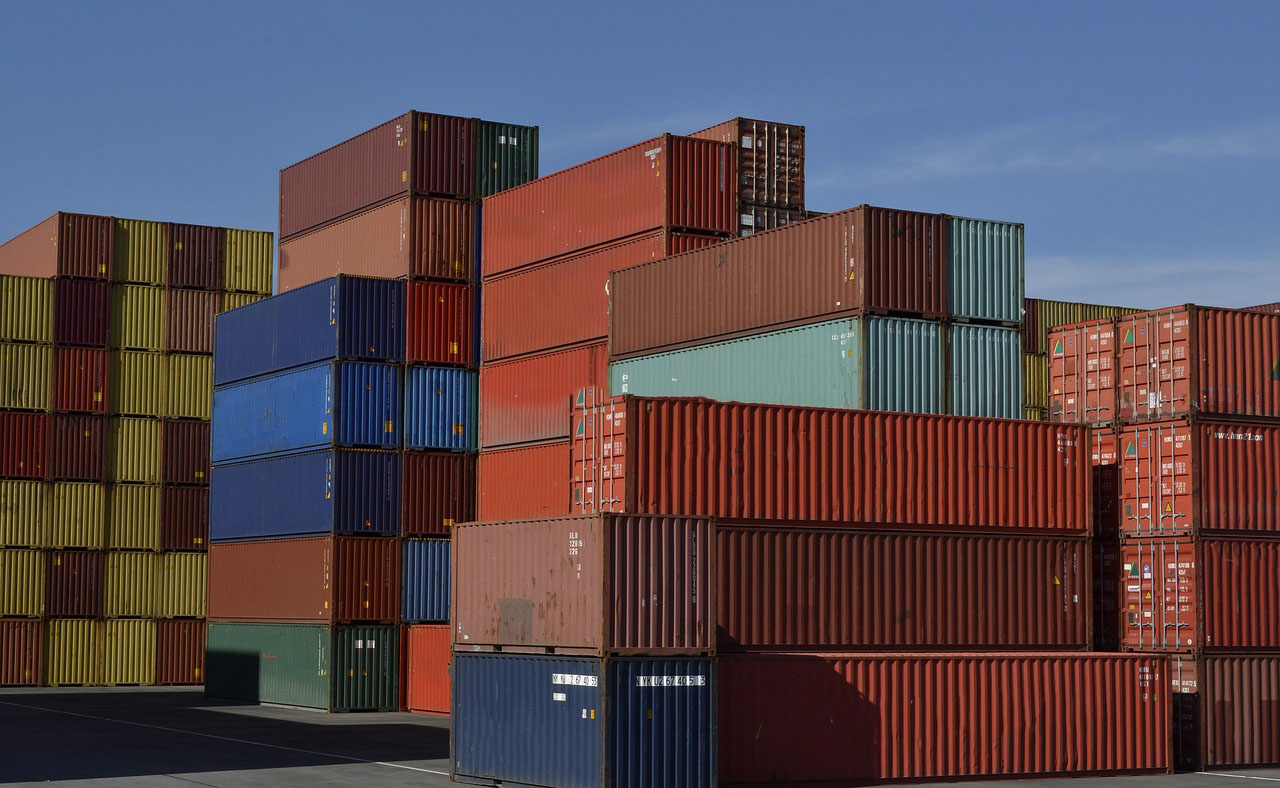What Are Remote Surveys? Your Guide to Digital Cargo and Container Inspections

In the fast-paced world of global logistics, efficiency and accuracy are paramount. Traditional cargo inspections, while essential, often pose challenges including scheduling delays, high costs, and logistical complications. Enter remote surveys, a revolutionary approach transforming cargo inspection with digital precision. But what exactly are remote surveys, and how do they reshape the landscape of container and cargo inspections?
Defining Remote Surveys: The Future of Cargo Inspections
Remote surveys, also known as digital cargo inspections or virtual container inspections, leverage technology to perform inspections without an inspector physically present on-site. Instead, certified inspectors use digital tools—photos, videos, and live video calls—to assess cargo compliance remotely. This approach significantly differs from traditional inspections, where inspectors must travel physically to container sites, incurring higher costs and longer turnaround times.
The Process of Remote Surveys Explained
Understanding the remote survey process clarifies its efficiency and practicality:
Step 1: Scheduling and Preparation
The client schedules an inspection and gathers necessary documentation and visual materials, which may include photos, videos, or real-time video streaming setups.
Step 2: Digital Documentation Submission
All necessary cargo documents and visual records are submitted digitally through secure online platforms.
Step 3: Remote Inspection Execution
Certified inspectors review digital evidence or participate in live video calls to verify compliance with international standards, including ISO container inspection, CTU code inspections, and IMDG compliance.
Step 4: Rapid Reporting
Inspectors promptly provide a detailed compliance report, highlighting any necessary corrections or confirming full compliance, ensuring swift operational decisions.
Key Benefits of Remote Cargo Inspections
Adopting remote inspection services offers numerous advantages:
-
Cost Savings: Significantly reduce inspection costs by eliminating travel expenses and minimizing downtime.
-
Global Accessibility: Conduct worldwide cargo surveys from anywhere, facilitating seamless operations irrespective of geographical boundaries.
-
Rapid Feedback: Get inspection results typically within 24 hours, streamlining cargo movements.
-
Avoid Port Rejections: Early identification of compliance issues ensures corrections can be made preemptively, drastically reducing port rejection risks.
-
Enhanced Safety and Compliance: Remote inspections adhere strictly to global standards, improving cargo safety and regulatory compliance.
Types of Remote Cargo and Container Inspections
Different cargo scenarios demand specialized inspection methods. Let’s explore the primary types of remote surveys:
Remote Vanning Inspections
Also known as container stuffing inspections, remote vanning inspections verify that cargo is correctly loaded and secured inside standard shipping containers. Inspectors digitally verify cargo lashing, blocking, bracing, and documentation adherence, ensuring compliance with safety standards.
Remote Tailgate Inspections
Tailgate inspections are brief yet critical visual checks conducted remotely. Inspectors evaluate cargo arrangements directly from images or videos taken at container doors, swiftly ensuring that cargo is appropriately secured without extensive internal inspections.
Remote Live Video Inspections
Through live video inspections, inspectors guide and interact in real-time with on-site personnel via streaming video calls. This interactive approach offers immediate clarifications, guidance, and compliance verifications.
Specialized Remote Flatrack Inspections
Flatrack containers, which carry oversized or unusually shaped cargo, require specialized inspections. Remote flatrack inspections use detailed images or videos to ensure cargo securing, lashing, and arrangement adhere to strict international standards, mitigating risk and damage during transportation.
Ensuring Compliance: Remote Dangerous Goods Inspections
Transporting hazardous materials involves stringent regulations. Remote inspections ensure compliance with the IMDG guidelines, ISO standards, and CTU code requirements, crucial for managing dangerous goods. Inspectors meticulously review digital evidence to ensure hazardous materials are appropriately documented, labeled, and secured, safeguarding both cargo and transportation personnel.
Industries and Cargo Types Benefiting from Remote Surveys
Remote inspections are proving indispensable across various industries, significantly enhancing efficiency and compliance:
-
Automotive Industry: Ensuring secure transportation of vehicles and automotive components.
-
Chemical Industry: Managing hazardous chemical transport through robust dangerous goods inspections.
-
Manufacturing and Heavy Machinery: Utilizing remote flatrack inspections for oversized machinery.
-
Consumer Goods and Retail: Conducting rapid tailgate inspections to maintain product integrity.
-
Electronics and Technology: Protecting sensitive cargo with detailed remote inspections to reduce damage risk.
The Strategic Value of Remote Cargo Compliance
Embracing remote surveys is more than an operational choice; it’s a strategic advantage. Companies choosing online cargo inspections position themselves at the forefront of innovation, agility, and compliance. Digital inspections not only streamline logistical workflows but also align operations with evolving regulatory standards and global sustainability goals.
Conclusion: Why Remote Surveys Are the Future
Remote surveys revolutionize cargo inspection by combining technology, compliance, and efficiency into one seamless process. With clear benefits like cost savings, quick turnaround, global accessibility, and enhanced compliance, remote inspections are swiftly becoming the industry standard. By leveraging digital technology, businesses can ensure cargo integrity, regulatory compliance, and operational excellence, making remote surveys the clear choice for future-focused logistics and shipping operations.
Embrace the future—choose remote surveys for all your cargo inspection needs.
